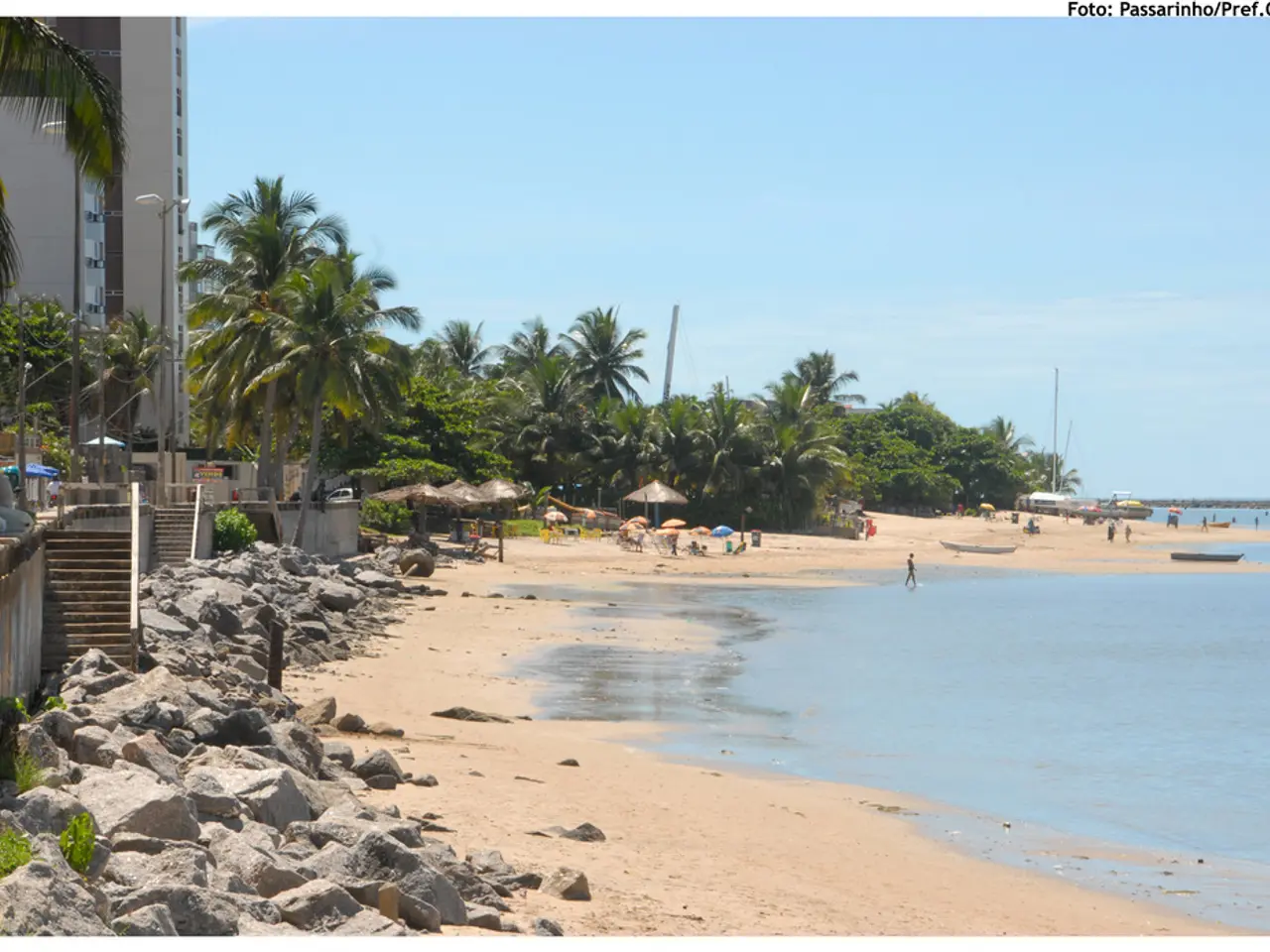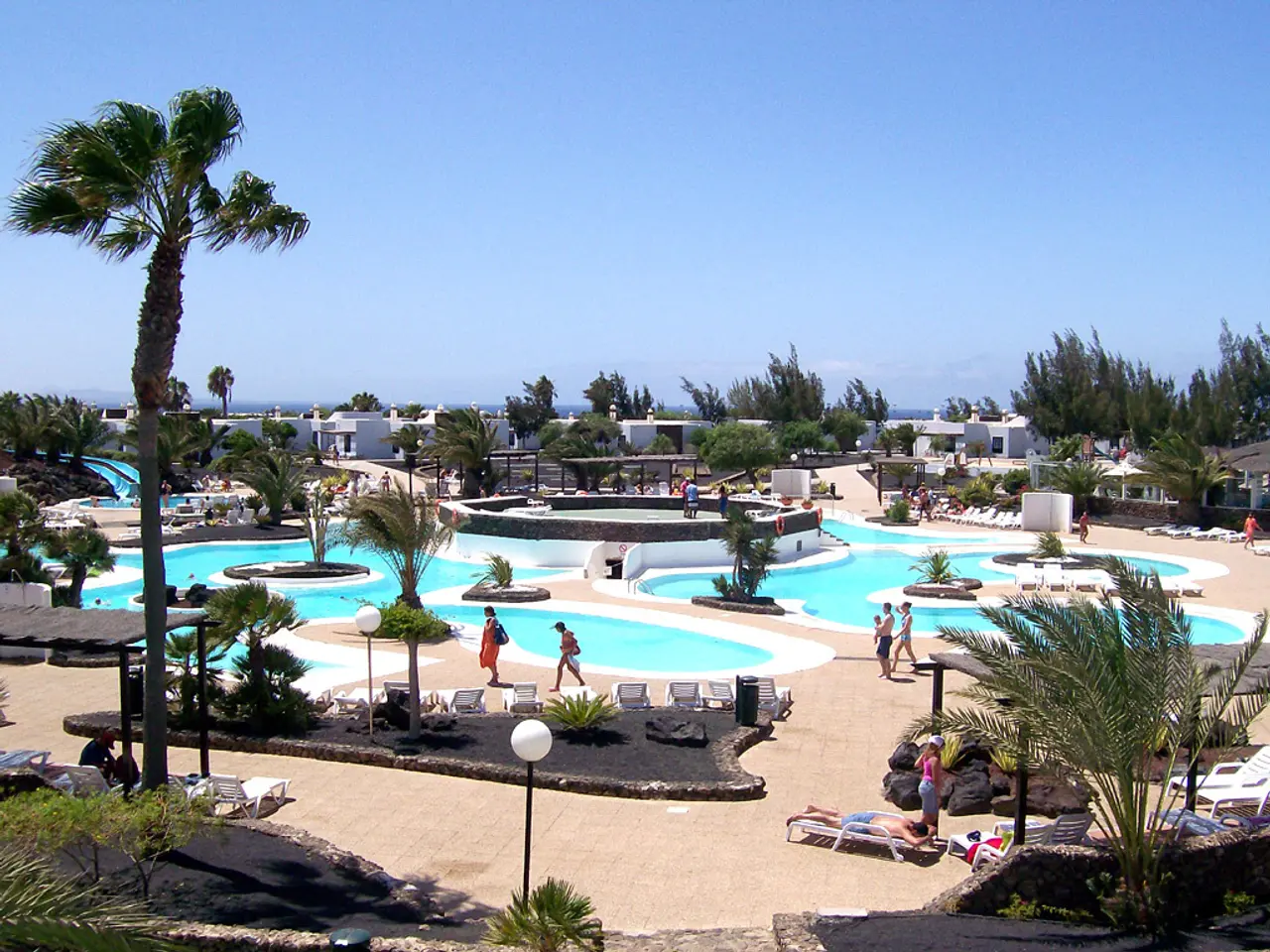Online gambling legislation in Massachusetts is under time pressure as bills approach their deadlines
Massachusetts on the Brink of Legalizing Online Casinos
Massachusetts is moving closer to legalizing online casinos, with two key bills—Senate Bill 235 (SB 235) and House Bill 332—currently awaiting a vote in the state legislature. If passed, these bills will establish a regulated online casino market in the state, with a deadline of November 19, 2025, for the bills to pass or be amended before the end of the session.
Regulatory Authority and Licensing Structure
The Massachusetts Gaming Commission (MGC) would oversee licensing and regulation of online casino operators, extending its existing responsibilities from land-based casinos to the online gaming market. The state’s three existing casinos—MGM Springfield, Encore Boston Harbor, and Plainridge Park—would each be able to partner with up to two online casino operators, yielding six Category 1 licenses. Additionally, the MGC could issue up to four untethered Category 2 licenses, independent of land-based casino partnerships, resulting in a maximum of 10 online casino licenses altogether.
Taxation and Fees
The bills stipulate a 20% tax on online casino adjusted gross revenue, a rate intended to generate significant state revenue—estimated at approximately $275 million annually by proponents such as DraftKings. Licensed operators would pay a $5 million licensing fee for a five-year term, renewable every five years at the same cost.
Impact on Stakeholders
The MGC would expand its role to include rigorous oversight of online gaming operators, ensuring compliance with regulatory standards, consumer protection, and responsible gambling measures. Online casino operators would enter a newly regulated market, subject to licensing, taxation, and partnership limits, but gaining access to a potentially lucrative player base within Massachusetts. The state government could benefit from substantial new tax revenues, which are considered especially valuable in light of projected federal and local funding cuts.
Current Status
While these bills have progressed through hearings and remain alive in committee, they have not yet been passed. If the legislation fails to pass by the November 19, 2025 deadline, the bills would die, requiring reintroduction in a subsequent session. Meanwhile, unregulated offshore online casinos remain unauthorized and carry risks for players.
Senator Paul Feeney and Representative Daniel Cahill are the sponsors of the internet casino licensing proposals. If passed, the proposals will mark a significant step forward in the expansion of iGaming in Massachusetts. Stay tuned for updates on the progress of these bills as the November 19 deadline approaches.
- The passage of Senate Bill 235 and House Bill 335 in Massachusetts would signal a significant shift in the finance industry, as it would establish a regulated online casino market and potentially generate approximately $275 million in annual tax revenue.
- As the regulatory authority, the Massachusetts Gaming Commission (MGC) would oversee casino-and-gambling trends in the online gaming market, issuing a maximum of 10 licenses to operators, and implementing strict guidelines for consumer protection and responsible gambling measures.




